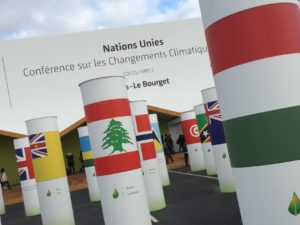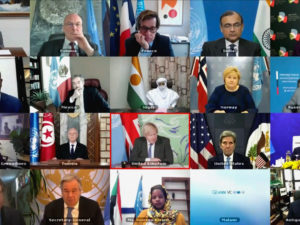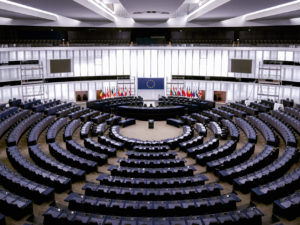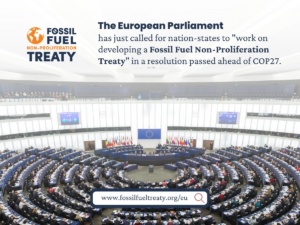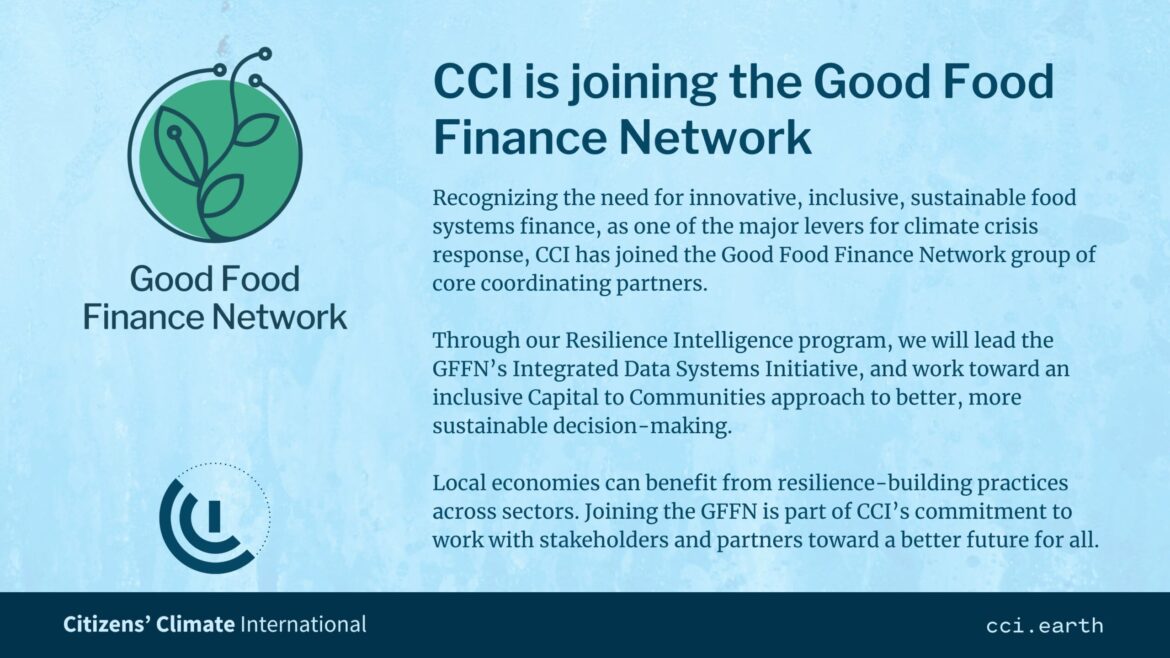
Recognizing the need for innovative, inclusive, sustainable food systems finance, as one of the major levers for climate crisis response, Citizens’ Climate International has joined the Good Food Finance Network group of core coordinating partners.
The Good Food Finance Network was created by the EAT Foundation, the FAIRR Initiative, Food Systems for the Future, the UN Environment Programme, and the World Business Council for Sustainable Development—alongside the historic UN Food Systems Summit in September 2021—to support critical innovations across the landscape of food-related finance. The Access to Nutrition Initiative joined the group of core coordinating partners, in 2023.
The wider list of supporting partners includes: the UN Conference on Trade and Development (UNCTAD), the World Bank Group, The Global Environment Facility (GEF), The Green Climate Fund (GCF), the UN Development Programme (UNDP), the UN Food and Agriculture Organization (FAO), the Just Rural Transition Initiative (JRT), and the Transforming Urban-Rural Food Systems Consortium (TURFS).
Through our Resilience Intelligence program, will now lead coordination of the GFFN’s Integrated Data Systems Initiative. The first major output from CCI’s engagement is release of a ‘Blueprint for Good Food Finance Data Systems Integration’—which aims to guide development of exploratory integrations of data systems, technologies, platforms, and metrics.
Why data systems?
Resilience Intelligence emerged from our engagement in the COP22 round of UN Climate Change negotiations, in 2016, and focuses on expanding access to sustainable development outcomes by:
- valuing risk reduction and structural economic benefits of resilience-building investments;
- emphasizing the importance of macrocritical resilience;
- advancing a robust climate-smart economy that creates real opportunity for all.
Several areas of work linked to Resilience Intelligence position CCI to lead the IDSI endeavor:
- Briefing notes on fiscal resilience, sustainable development spending, and the transition to climate-neutral economies;
- Detailing of areas of action, like the people-centered Reinventing Prosperity approach to building back better;
- Developing a multi-system, all-sector comparative Resilience Value financial metric;
- Mapping Earth systems science data financial data systems and wider action and innovation efforts.
CCI brings our own mission and values to this work, recognizing the rights of stakeholders, the value of participation, and the importance of addressing multidimensional challenges in ways that make life safer and more livable for everyone. As with our empowerment and advocacy efforts, we want innovative sustainable food finance—and the data systems that inform and grade it—to activate these principles:
- Rights — By virtue of existing, you are a climate stakeholder; you have a right to expect a healthy climate and a livable future.
- Participation — Inclusive civics allows for participatory design, where outcomes are attuned to human need and sustainable wellbeing.
- Integrity — We believe the best solutions are informed by science, and use evidence to plan responsibly—in line with rights, participation, and efficacy.
- Efficacy — We support policies that drive clear, widespread, effective reductions in climate pollution, while building sustainable prosperity.
Building Climate Value
Another part of this work, for CCI, is the connection to our Climate Value Exchange—which aims to support groups of countries formulating and enacting multidimensional multilateral climate cooperation (MMCC) agreements. Another way to say that is: it’s a cooperative innovation space for mainstreaming climate action investments, benefits, and for achieving the related economic diversification and revitalization.
This connects to Good Food Finance in a number of ways:
- The Good Food Finance Facility—a co-investment platform for food systems transformation—will serve as a leading example of a multilateral cooperative endeavor, informed and energized by Article 6.8 of the Paris Agreement.
- Through in-person and virtual exchanges, like the 2024 Interparliamentary Exchange, Climate Value will anchor discussions around a broad range of policies needed to support climate-smart, sustainable economies.
- Non-market multilateral cooperation in line with Article 6.8 of the Paris Agreement can drive the economic diversification and focused investment in climate-related co-benefits that good food finance entails.
Related materials
- CCI Briefing Note for the 2024 Spring Meetings of the World Bank and International Monetary Fund
- Op-ed: In our changing climate, food availability must be a top concern
- CCI Food, Finance, and Democracy Project
- Article 6.8 of the Paris Agreement can be an engine for food security
- Research finds climate change threatens crop yields
- The cooperative finance revolution is starting
- CCI report from COP28 in Dubai—including Good Food Finance news and other food systems breakthroughs
- Capital to Communities—involving stakeholders in design, deployment, and grading of climate-smart finance


